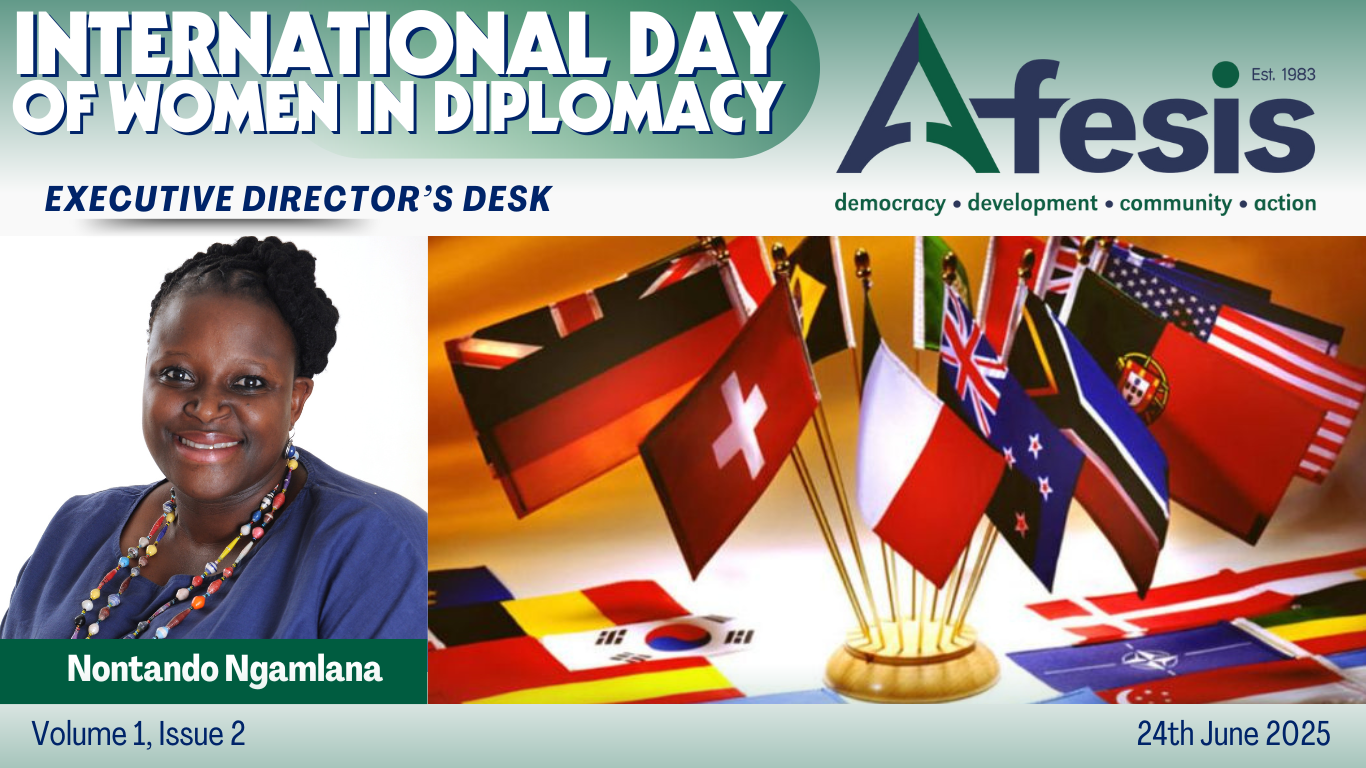Improving basic service delivery
Welcome to Afesis Corplan
Explore the impact Afesis-corplan has made in people’s lives Registered as a Section 21 Company, Afesis-corplan operates under the governance of a capable Board of Directors.

Improving basic service delivery
Our programmes

Sustainable Settlements
The purpose of the programme is to ensure that low-income households have access to appropriate and secure land for settlement development. The aim is to ensure that well-located land for settlement development is made available timeously.

Local Governance
The purpose of the programme is to ensure that citizens have multiple avenues (in planning, decision-making, implementation, and monitoring and evaluation) for engaging with the state on issues that are of interest to them.
Strengthening Municipal Governance
About Afesis Corplan
Afesis-corplan is a progressive, non-governmental organisation that has contributed to community-driven development and good local governance in the Eastern Cape since 1992. Registered as a not for profit Company, Afesis-corplan operates under the governance of a capable Board of Directors. Eighty percent of its staff have professional and postgraduate qualifications and ninety percent come from historically disadvantaged communities.

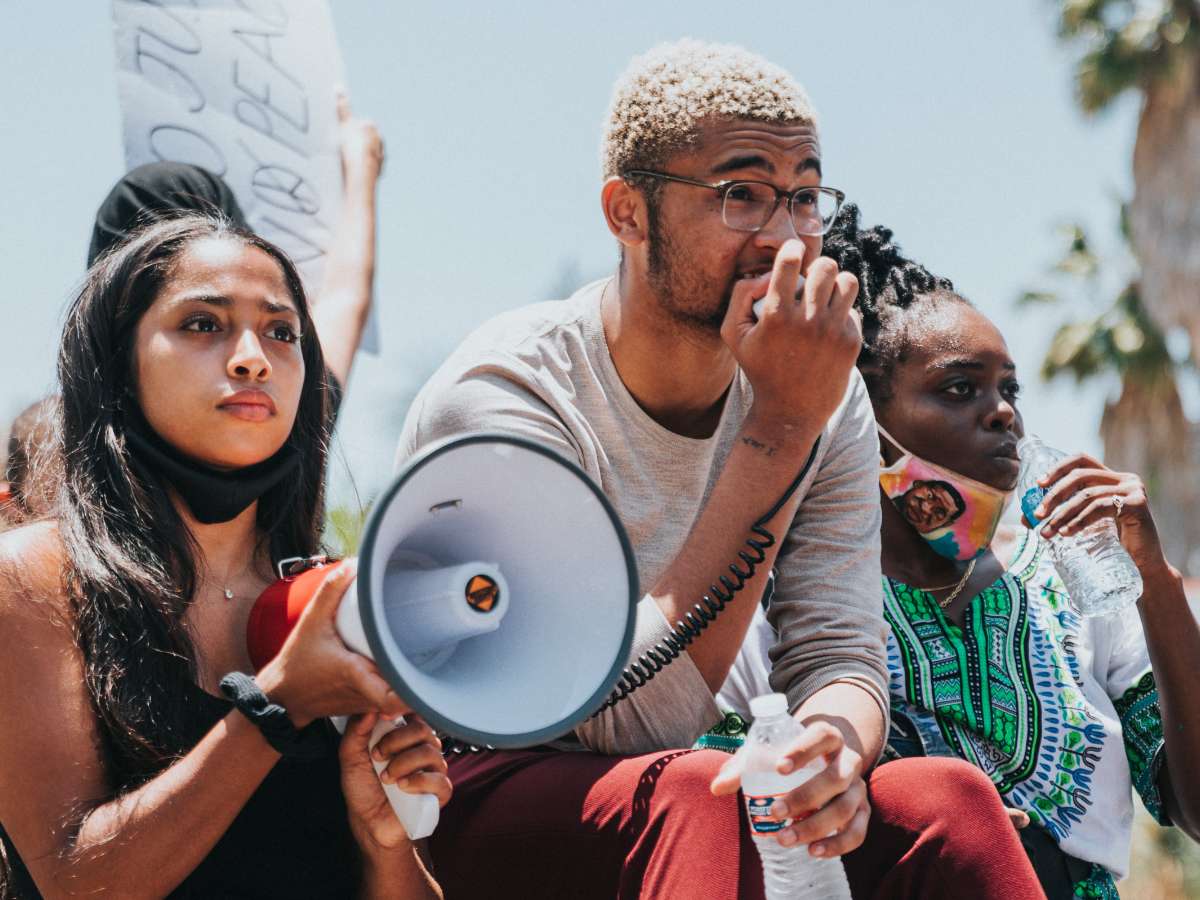
Projects
Highlighted Projects
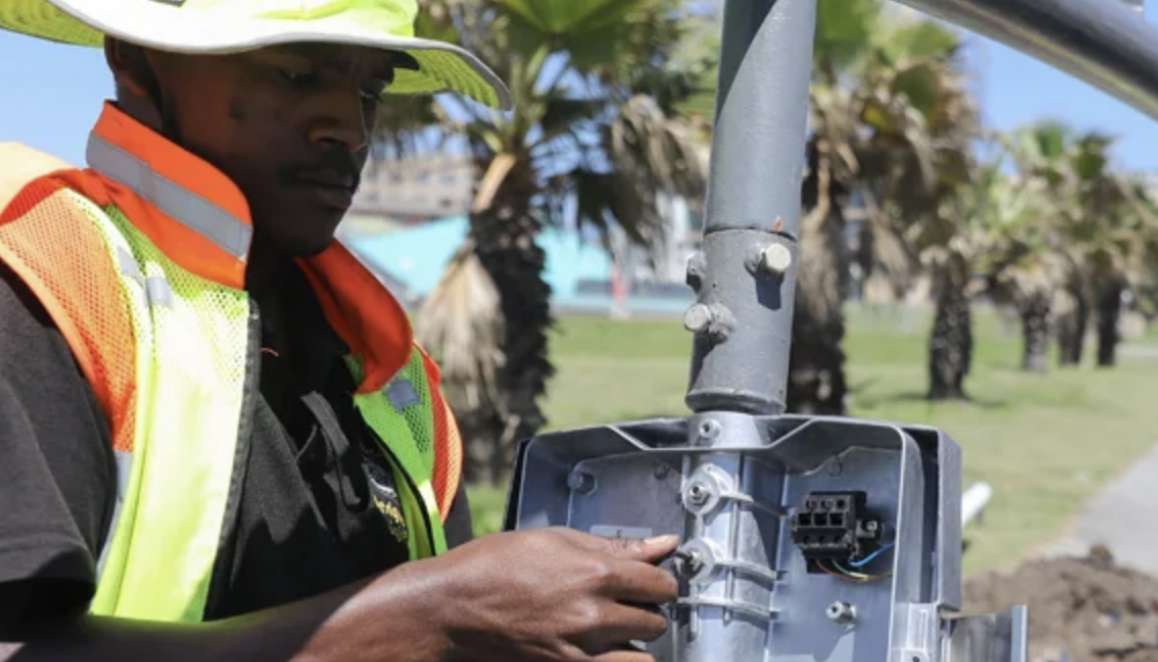
Upgrading Programme
Afesis Corplan
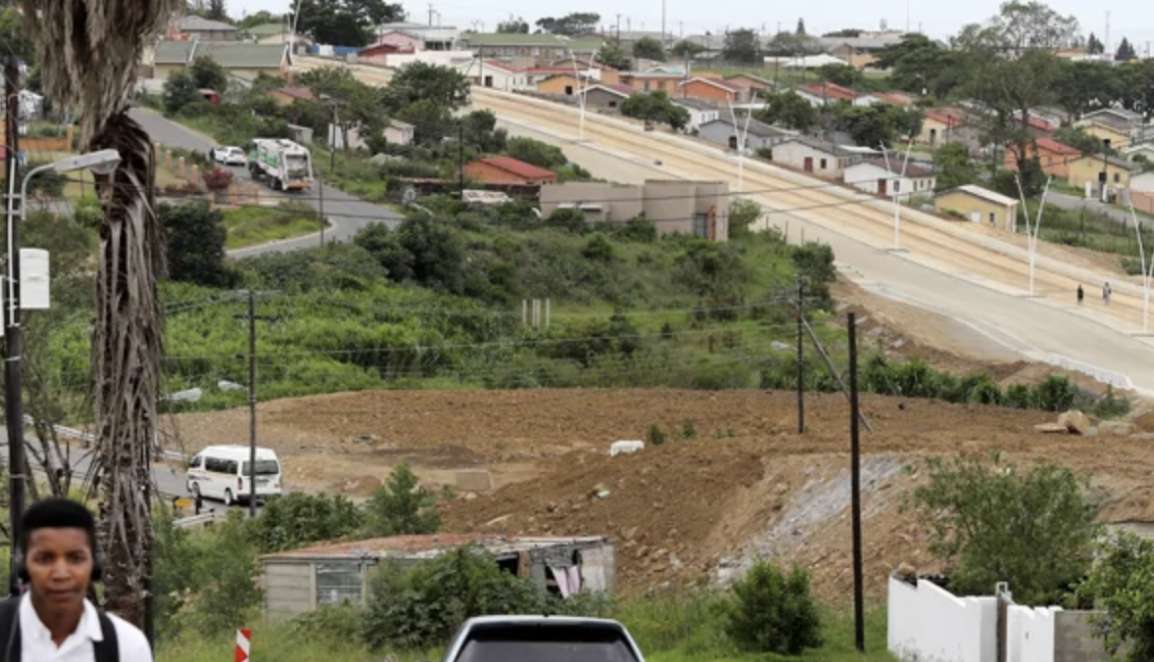
The IDP Process
Afesis Corplan
0
R 0 M


0 M
0
Non Governmental Organistion
OUR NEWS
Latest Posts
Comments on Proposed Compulsory National
Reflection of the Healing Space

A REFLECTION ON THE EASTERN
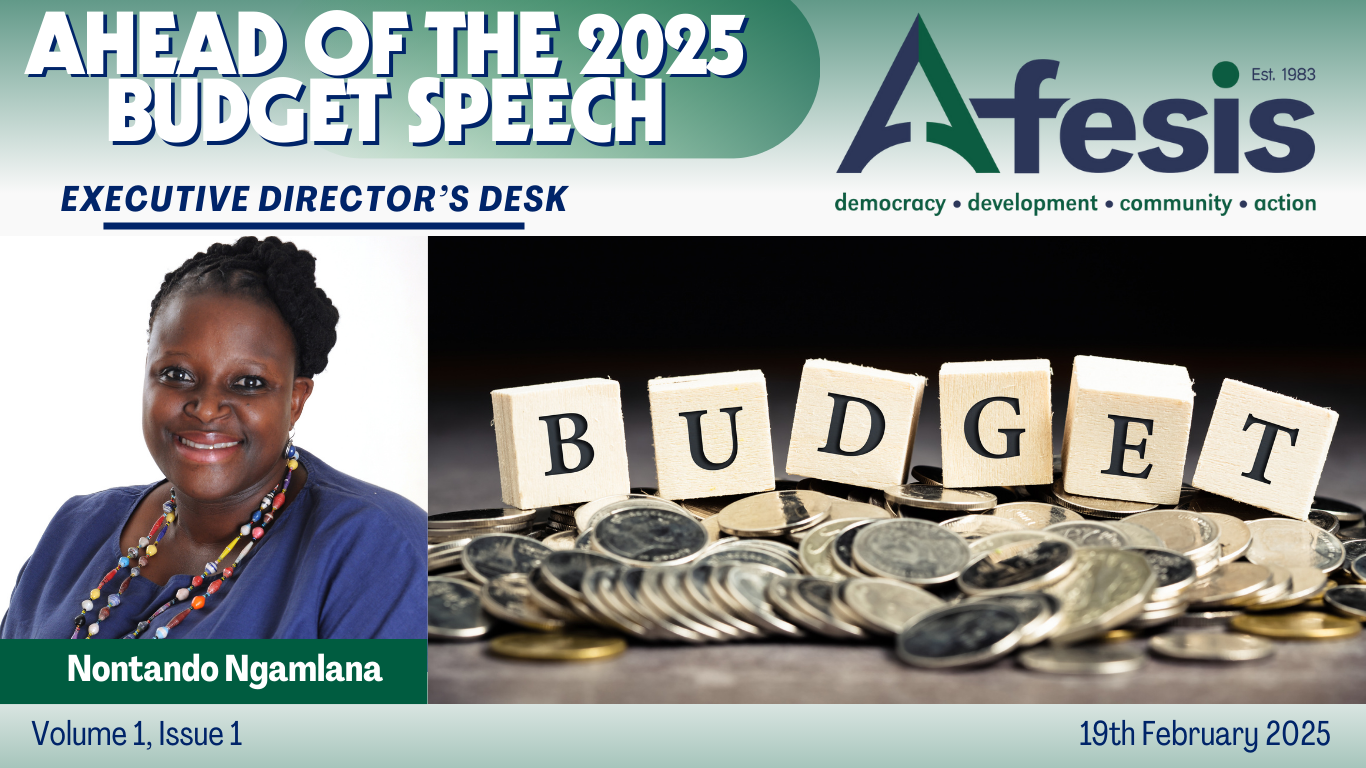
EXECUTIVE DIRECTOR’S DESK: AHEAD OF
Afesis Newsletter (4th February 2025):
Comments on Local Government: Municipal
Bid Notice- AFESIS/07/2024
Assessing the state of Election
Experiences of LGBTQ+ group of
Media Statement: 30 Years of
Learning Brief #15 When is
Reflections of the Men’s Gathering
Kagisano Stakeholder Mapping Report
Comments on White Paper for
Bid Notice – AFESIS032024
Comments on Proposed Compulsory National
Reflection of the Healing Space

A REFLECTION ON THE EASTERN

